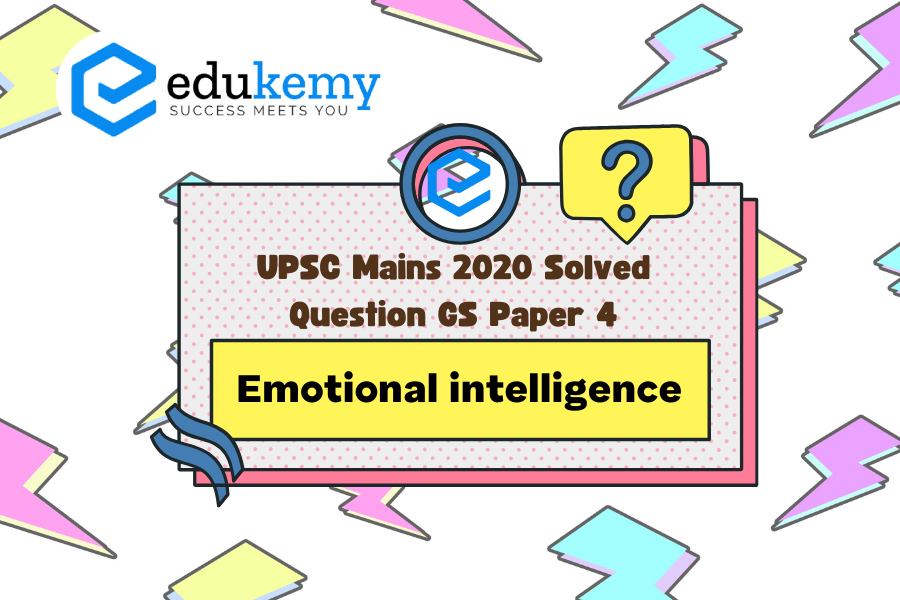Emotional intelligence (EI) encompasses a set of vital components crucial for navigating the complex landscape of human emotions. At its core, EI comprises self-awareness, self-regulation, social awareness, and relationship management. Self-awareness involves recognizing and understanding one’s own emotions, strengths, weaknesses, and how they impact others. Self-regulation pertains to the ability to manage and control one’s emotions, impulses, and reactions effectively, even in challenging situations. Social awareness involves empathy and understanding the emotions of others, fostering better interpersonal connections. Lastly, relationship management encompasses skills such as communication, conflict resolution, and collaboration, crucial for building and maintaining healthy relationships. While some argue that emotional intelligence is innate, research suggests that its components can indeed be learned and developed through intentional practice, feedback, and mindfulness techniques. Thus, while some individuals may naturally possess higher levels of EI, everyone has the potential to enhance their emotional intelligence through dedicated effort and learning.
Tag: Emotional intelligence-concepts, and their utilities and application in administration and governance.
Contents
Decoding the Question:
- In the Introduction, define emotional intelligence.
- In Body,
- Discuss the components of emotional intelligence.
- Discuss the ways through which emotional intelligence can be learned.
- Conclude, by mentioning the importance of emotional intelligence.
Answer:
Daniel Goleman has also identified four major characteristics of Emotional intelligence. It is popular as Goleman’s model of Emotional intelligence. It is a scientific fact that emotions precede thought. When emotions run high, they change the way our brains function, diminishing our cognitive abilities, decision-making powers, and even interpersonal skills. Understanding and managing our emotions and the emotions of others helps us to be more successful in both our personal and professional lives.

Components of Emotional Intelligence:
- Self-awareness: A person has a healthy sense of emotional intelligence and self-awareness if they understand their own strengths and weaknesses, as well as how their actions affect others. A person with emotional self-awareness is usually receptive to, and able to learn from, constructive criticism more than one who doesn’t have emotional self-awareness.
- Self-regulation: A person with high emotional intelligence has the ability to exercise restraint and control when expressing their emotions.
- Motivation: People with high emotional intelligence are self-motivated, resilient, and driven by an inner ambition rather than being influenced by outside forces, such as money or prestige.
- Empathy: It is an awareness of the needs and feelings of others both individually and in groups, and being able to see things from the point of view of others. An empathetic person has compassion and is able to connect with other people on an emotional level, helping them respond genuinely to other people’s concerns.
- Social Skill: People who are emotionally intelligent are able to build trust with other people, and are able to quickly gain respect from the people they meet.
Ways to Learn EI:
The most important way is socialization, i.e at the early stage of life whereby family and school have a critical role in the process of socialization. Since, this early stage is not formal, the role of government and organization becomes important in later phases of life of an individual.Therefore, formal organizations can promote EI in the following way:-
- Incorporating the role of EI in human resource management.
- Aptitude test
- Formal training
- Democratic work culture
- Adequate opportunity for realizing human potential.
- Effective leadership.
- Government Should also try to influence socialization at an early stage through social influence, persuasion, and influencing educational institutions and teaching culture.
- Brainstorming
- Role modeling
Emotional Intelligence training is given in most work environments, government professions throughout the globe. Therefore, training through several methods definitely help in the personal and professional growth of an individual, as any characteristic being practiced as a part of his/her general personality tends to be inculcated in the long run. The importance of emotional intelligence can be corroborated by a popular notion that IQ can help you to be successful to the extent of 20 percent only in life. The rest of 80 percent success depends on your EQ.
In case you still have your doubts, contact us on 9811333901.
For UPSC Prelims Resources, Click here
For Daily Updates and Study Material:
Join our Telegram Channel – Edukemy for IAS
- 1. Learn through Videos – here
- 2. Be Exam Ready by Practicing Daily MCQs – here
- 3. Daily Newsletter – Get all your Current Affairs Covered – here
- 4. Mains Answer Writing Practice – here


